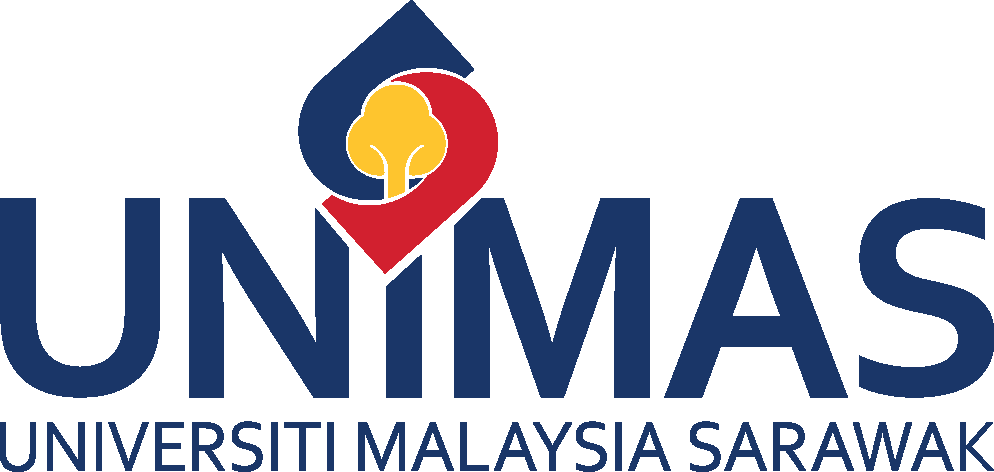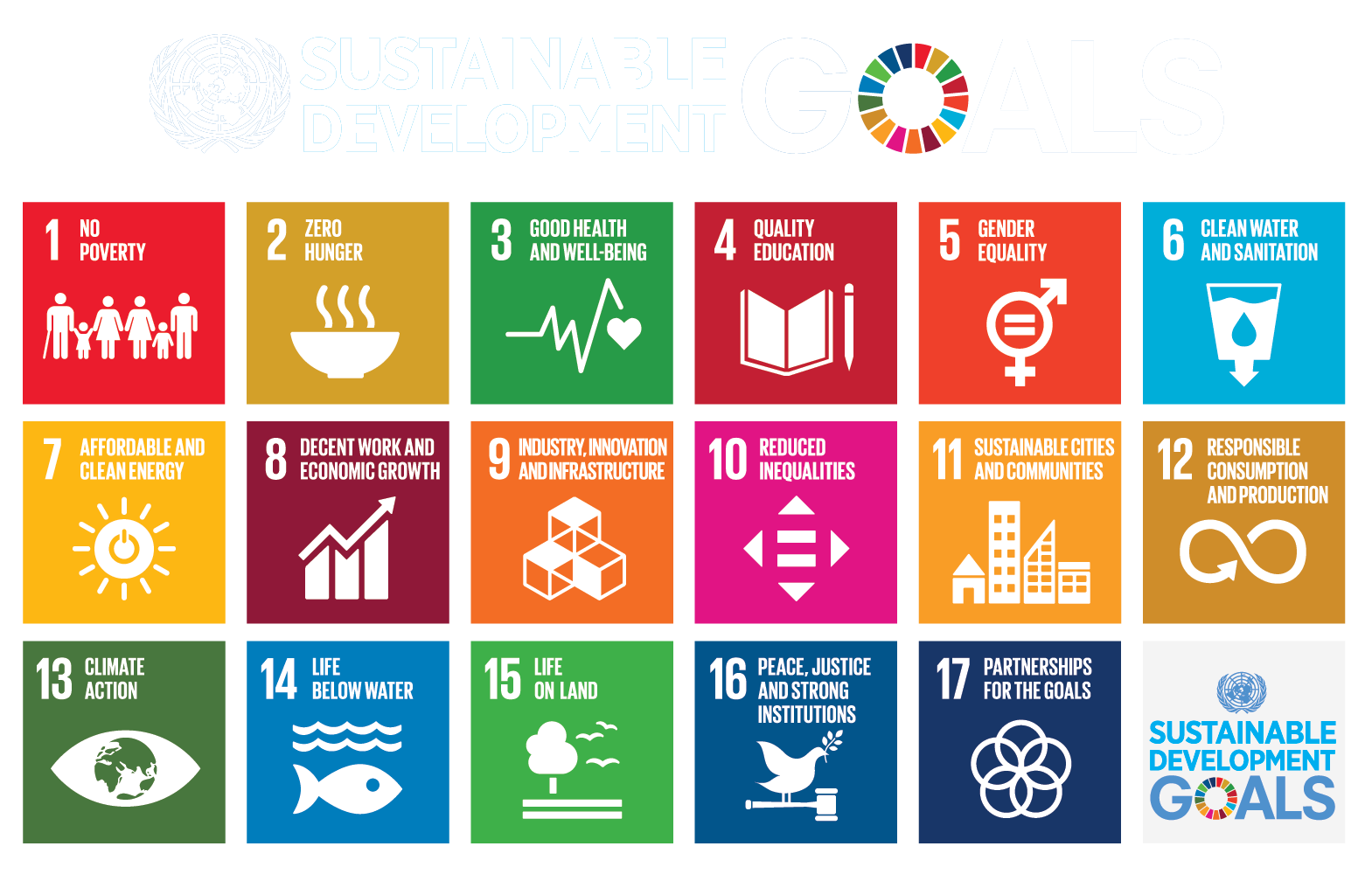UNIMAS X Sustainable Development Goal
Our Pillar Base
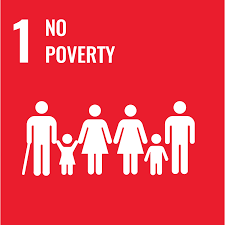
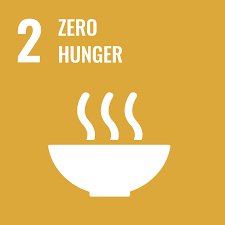
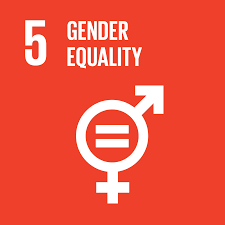

Inclusivity
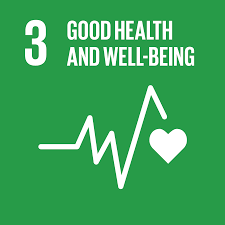
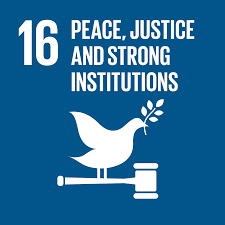
Well-Being
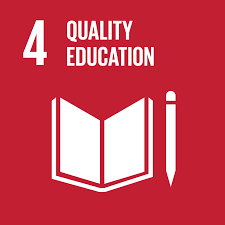
Human Capital
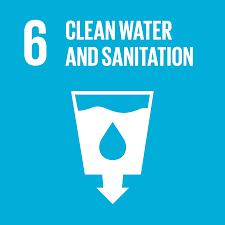
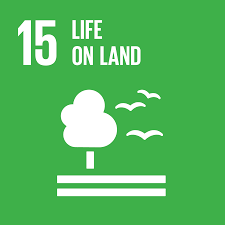
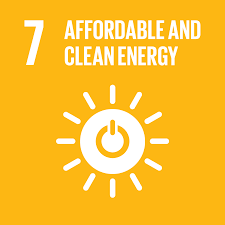
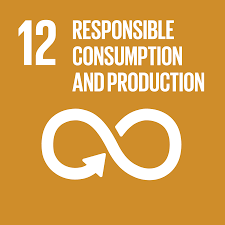

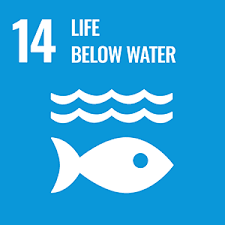
Environmental & Resources



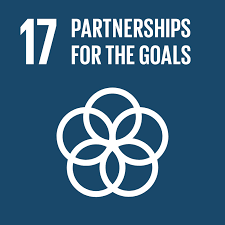
Economic Growth
Sustainability Policies
GENDER, RELIGION, NATION, AND AGE EQUALITY AND PROTECTION POLICY FOR UNIMAS CITIZENS
UNIMAS is dedicated to upholding equality and addressing discrimination based on various factors such as religion, ethnicity, descent, birthplace, and gender. The policy aims to ensure equal rights, protection, and quality education for all individuals in society. However, there may be exceptional circumstances where different interpretations apply based on physical and mental conditions, health, abilities, qualifications, and citizenship.
UNIMAS EQUALITY POLICY ENSURES QUALITY EDUCATION
UNIMAS aims to produce graduates who thrive in a changing world. The university's vision focuses on biodiversity, information technology, and community transformation. The policy emphasizes equal access to quality education, aligning with the constitution and government policies; and ensures equal access to quality education for all, with committees and centers responsible for implementation.
POLICY ON SEXUAL HARASSMENT AT UNIMAS
UNIMAS Sexual harassment policies are guidelines that establish to prevent and address incidents of sexual harassment in the workplace. These policies define what constitutes sexual harassment, provide reporting procedures, outline investigations, and specify disciplinary actions for offenders. The aim is to create a safe and inclusive work environment and support victims of harassment.
MATERNITY LEAVE FACILITIES FOR PUBLIC SERVICE OFFICERS
This circular informs public service officers that maternity leave has been extended to 360 days throughout their service period. Maternity leave includes weekly rest days and can be taken 14 days before the expected delivery date. Officers can choose between 60 and 90 days of leave for each birth.
UNIMAS ENERGY POLICY
UNIMAS Energy Policy is a framework for sustainable energy management system to enable continuous, effective and widespread implementation of energy efficiency and Low Carbon Campus (LCC) practices at all PTJs within UNIMAS. The process and procedure adopted shall enable the establishment of measurable energy reduction Targets and Energy Index without compromising reliability, comfort and safety.
REMINDER REGARDING THE SMOKING BAN AND THE PROHIBITION ON USING ELECTRIC CIGARETTES OR VAPING ON THE UNIMAS CAMPUS
This circular reminds all UNIMAS community members of the smoking ban and prohibition of electric cigarettes or vaping on campus. As per the Food Act of 1983 and Tobacco Products Control Regulations, educational institutions are non-smoking zones. Public Health Circular Number 1 of 1997 and a special committee meeting further support this ban.
POLICY FOCUSED RESEARCH IN COLLABORATION WITH GOVERNMENT DEPARTMENTS
These Guidelines are provided as a reference for managing grant registration and procedures related to the use of research funds for research grants at Universiti Malaysia Sarawak (UNIMAS). Research grants whether from university funding sources, government agencies, industry, international institutions or sponsors registered through UNIMAS Innovation will be managed based on these rules and guidelines.
OPERATIONS POLICY ETHICAL SOURCING (BeSS) 2019
UNIMAS provide affordable and sustainable food varieties including local, western, and vegetarian food in selected food outlet and cafeteria to ensure that students, especially in the B40 group, get healthy and sufficient food needs."Clean, Safe and Healthy" or BeSS recognition is a recognition given to UNIMAS food entrepreneurs to promote food premises entrepreneurs providing safe and healthy food to customers. It is an enhancement program for the existing monitoring program implemented by the Ministry of Health Malaysia (MOH).
WASTE DISPOSAL GUIDELINE (FSTS)
This document serves as a guideline for recognizing, handling, and disposal of various types of hazardous laboratory wastes, primarily; chemical wastes, biological (biohazardous) waste, or other dangerous substances (e.g. radioactive waste). The users of this guide include the waste generators in the laboratory (students and laboratory staff), the waste handlers (postgraduate students and laboratory staff), and waste managers (assistant science officers, science officers, and academic laboratory coordinators). Everyone plays a role and is responsible for ensuring that hazardous waste is properly disposed of. This guide assumes that readers are familiar with the typical laboratory setting and are used to the standard scientific terminology
HEALTH & SAFETY OPERATIONAL GUIDELINES FOR FIELDWORK & SURVEY (FRST)
This Standard Operating Guideline is a comprehensive guideline and safety measurement for staff and students during fieldwork. The faculty/staff must be trained, equipped, and prepared to assess and minimize risk when conducting fieldwork. This document provides the faculty with a way to demonstrate that all staff and students are following good practices to manage fieldwork, thereby facilitating safe fieldwork in challenging environments
WORKING FROM HOME POLICY FOR PUBLIC SERVANTS
In line with the government's desire to pay attention to the well-being of public servants and, at the same time, enhance the quality, productivity, and service delivery, as well as aligning with the speech of the Right Honorable Prime Minister during the Women's Day celebration on March 8, 2022, the government has agreed to improve the existing Working From Home policy.
UNIMAS ENVIRONMENTAL, SOCIAL, AND GOVERNANCE (ESG) POLICY
UNIMAS is committed to sustainability by integrating Environmental, Social, and Governance (ESG) principles across all operations. The policy supports the UN SDGs and focuses on environmental stewardship, social equity, ethical governance, and educational transformation. Key efforts include reducing carbon footprint, promoting inclusivity, enhancing community engagement, and maintaining transparency.
UNIMAS INCLUSIVE POLICY FOR PERSONS WITH DISABILITIES
UNIMAS Disability Inclusive Policy (Dasar Inklusif Orang Kurang Upaya - OKU) serves as a comprehensive framework to ensure that OKU students are granted the right and access to quality Inclusive Education, and OKU staff have the opportunity for full participation in university services. The primary objectives are to affirm the equal rights of all OKU campus members and visitors, govern their affairs, guarantee inclusive accessibility of facilities and services, empower their holistic development, and raise awareness to foster a caring campus community. Implementation strategies include establishing specialized support units (UPSOKU and UKeP), developing OKU-friendly physical and social environments (such as accessible infrastructure and awareness programs), and providing robust academic and non-academic support, including reasonable accommodations for teaching, learning, and assessment
UNIMAS Academic Integrity Policy
The UNIMAS Academic Integrity Policy aims to elaborate and facilitate understanding of the values of academic integrity. Additionally, this policy serves as a primary reference for public universities in fostering a culture of academic excellence.
UNIMAS INCLUSIVE POLICY FOR PERSONS WITH DISABILITIES
UNIMAS Disability Inclusive Policy (Dasar Inklusif Orang Kurang Upaya - OKU) serves as a comprehensive framework to ensure that OKU students are granted the right and access to quality Inclusive Education, and OKU staff have the opportunity for full participation in university services. The primary objectives are to affirm the equal rights of all OKU campus members and visitors, govern their affairs, guarantee inclusive accessibility of facilities and services, empower their holistic development, and raise awareness to foster a caring campus community. Implementation strategies include establishing specialized support units (UPSOKU and UKeP), developing OKU-friendly physical and social environments (such as accessible infrastructure and awareness programs), and providing robust academic and non-academic support, including reasonable accommodations for teaching, learning, and assessment
UNIMAS TRAINING & TALENT DEVELOPMENT POLICY
Universiti Malaysia Sarawak (UNIMAS) Training and Talent Development Policy, effective January 1, 2023, to replace the previous 2022 circular. This policy serves as a key human resource development action plan to enhance staff knowledge, skills, and attitude, to produce qualified, competent staff, increasing productivity, and providing a clear direction for career advancement, aligning with the national goal of Talent Excellence. A core component is the implementation of the Continuous Professional Development (CPD) Point Collection System, which mandates that all permanent and contract staff must accumulate a minimum of 42 CPD points annually. The comprehensive training framework is structured into four levels—Basic, Intermediate, Advanced, and Transition—to systematically build and strengthen job-related, leadership, and professional competencies. Staff can earn these CPD points across four main categories: Program/Training, Lifelong Learning, Self-Learning, and Khidmat Kepakaran/Bakat (Expert Services/Talent), ensuring a flexible and structured approach to professional
UNIMAS STUDENT MENTAL HEALTH POLICY
The primary purpose of this revision, which updates the November 2023 policy, is to restructure and clarify the definitions within the document, ensuring they are more relevant and precise to meet current needs. The policy itself acts as a comprehensive framework that governs the management of student mental health issues, ensuring all UNIMAS students receive holistic support, promoting a healthy campus environment, and outlining a clear management model for psychological problems, with specific roles and responsibilities defined for students, staff, and various university centres.
UNIMAS GUIDELINE FOR PROGRAM SEJAHTERA
The Program SEJAHTERA, which replaces the previous Hari Senggang initiative, with the goal of enhancing staff job satisfaction, productivity, and overall well-being by fostering fitness, teamwork, and a balanced lifestyle. SEJAHTERA is an acronym for nine elements, including Emotional (Emosi), Physical (Jasmani), and Intellectual (Akal) well-being , and the program is scheduled to run once a month on a Wednesday starting at 2:00 PM for a minimum of two hours. Activities are structured around four core areas—Health & Fitness, Self-Development, Social & Recreation, and Community Service —and staff who complete both the check-in and check-out process via a QR code will automatically be awarded CPD points.
